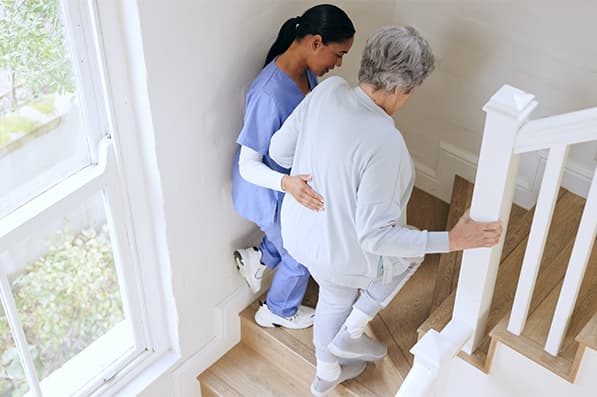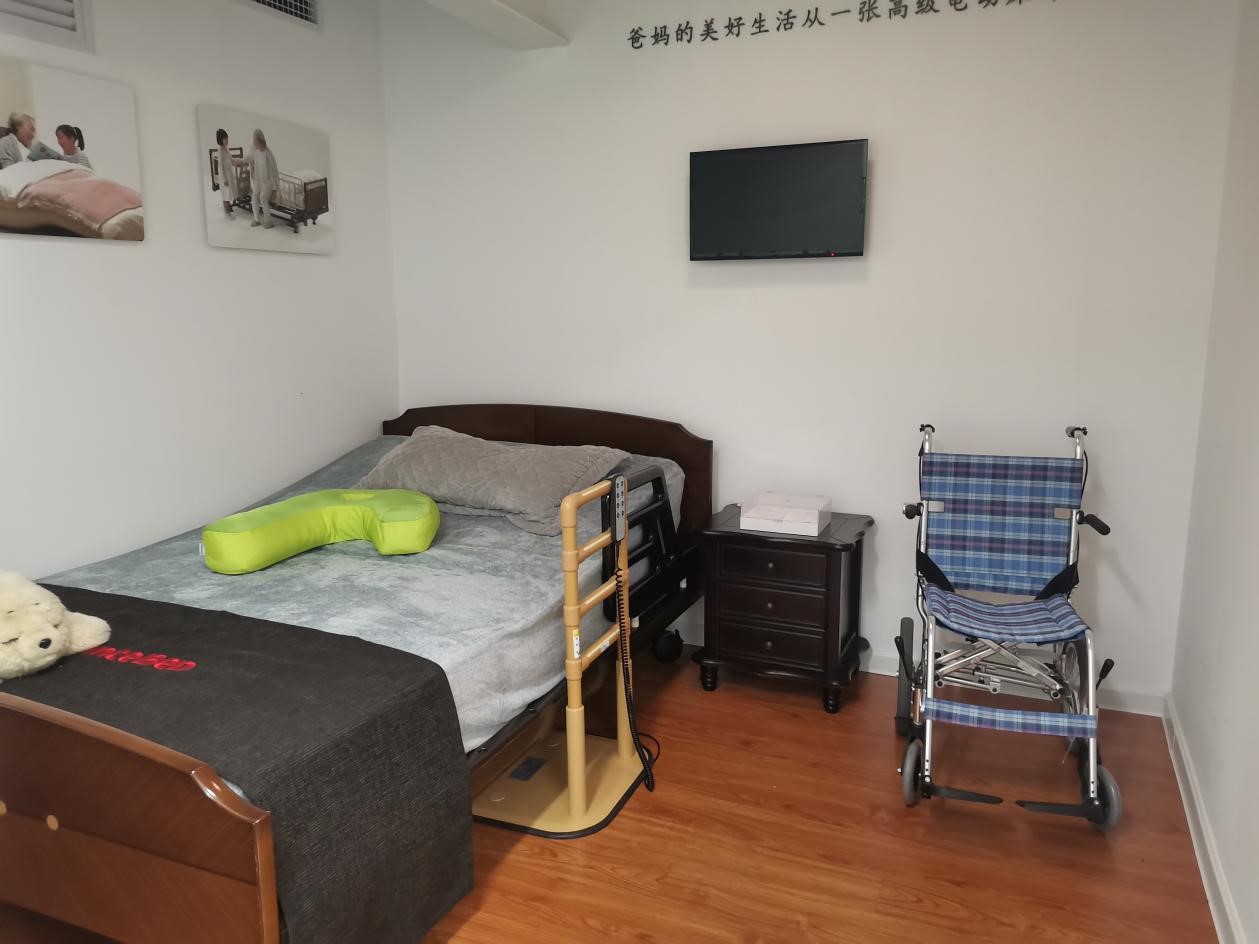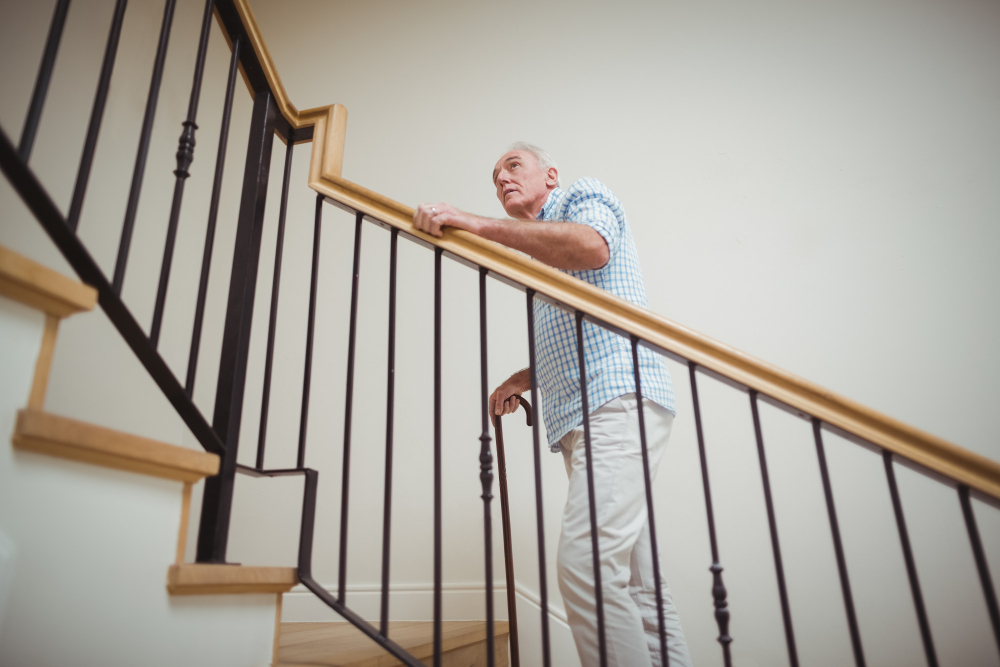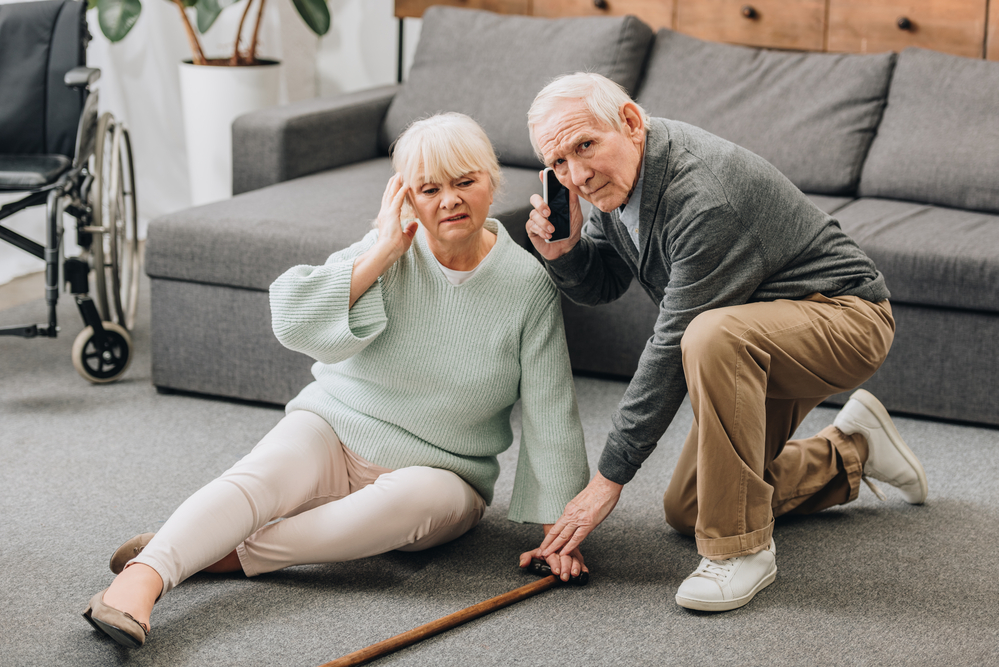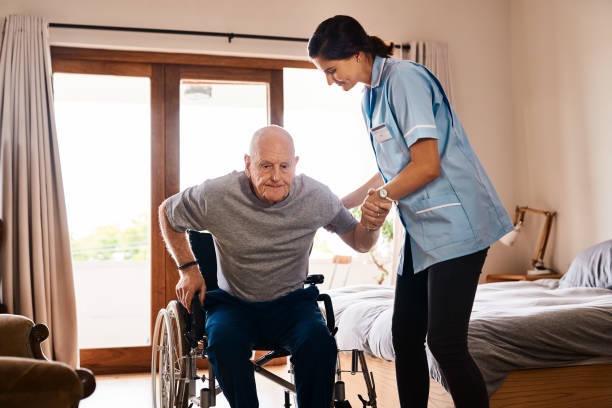As the number of seniors choosing to live independently grows, ensuring their safety becomes increasingly vital. One of the most effective ways to enhance home security for seniors is through the use of home alarms. These systems provide peace of mind, not only for the seniors themselves but also for their families. In this article, we will explore the benefits of home alarms for seniors living alone, the different types available, and how to choose the best one.
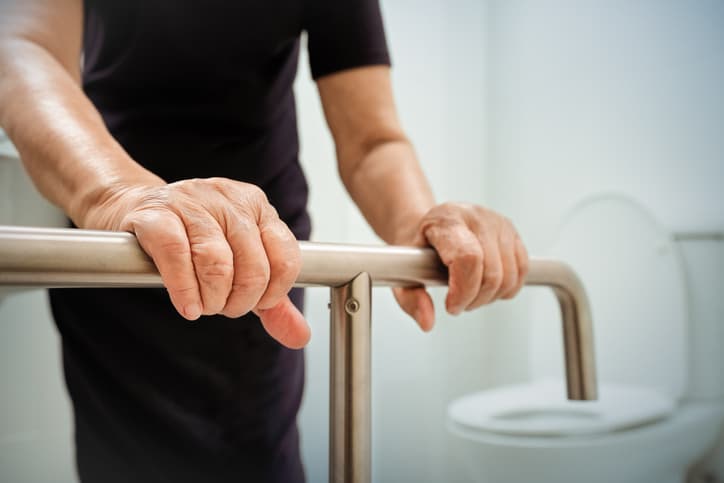
Why Home Alarms Are Essential for Seniors
Living alone can be empowering for seniors, but it also comes with risks. Home alarms offer protection and can be a lifesaver in emergencies. They help seniors maintain their independence while ensuring they are safe from potential threats.
Benefits of Home Alarms
Home alarms provide numerous benefits. They deter burglars, alert emergency services, and can even monitor for environmental hazards like smoke or carbon monoxide. For family caregivers, knowing their loved ones are protected can ease worries significantly.
Types of Home Alarms for Seniors
There are several types of home alarms available, each tailored to different needs. From basic security systems to advanced smart home integrations, choosing the right one can make all the difference.
Basic Security Systems
These systems typically include door and window sensors, motion detectors, and an alarm panel. They are a cost-effective option for seniors who need fundamental protection.
Smart Home Security Systems
Smart home alarms offer advanced features such as remote monitoring, automated alerts, and integration with other smart devices. These systems are ideal for tech-savvy seniors who want comprehensive coverage.
Choosing the Right Home Alarm
When selecting a home alarm for a senior living alone, consider factors like ease of use, installation process, and the level of monitoring required. It’s crucial to choose a system that fits the senior’s lifestyle and capabilities.
Professional vs. DIY Installation
Professional installation ensures the system is set up correctly, but DIY options are available for those who prefer to handle it themselves. Consider the senior’s comfort level with technology when making this decision.
Monitoring Services
Monitoring services provide 24/7 support and can alert authorities in case of an emergency. This feature is especially beneficial for seniors who may need immediate assistance.
Integrating Other Safety Measures
Beyond home alarms, integrating additional safety measures can further enhance security. Consider adding smart locks, security cameras, and environmental sensors to create a comprehensive safety net.
Smart Locks and Cameras
Smart locks and cameras allow seniors to monitor their home remotely and control access. These devices add an extra layer of security and convenience.
Environmental Sensors
Environmental sensors detect smoke, carbon monoxide, and water leaks. They provide early warnings and can prevent disasters from escalating.
Resources and Support for Seniors
Numerous resources are available to assist seniors in choosing and installing home alarms. Organizations like the American Geriatrics Society offer valuable tips and guidance.
Community Programs and Discounts
Many communities offer programs and discounts for seniors installing security systems. Check with local agencies to see what assistance is available.
In-Home Consultations
Some companies provide in-home consultations to assess the senior’s needs and recommend the best home alarm solutions. This personalized approach ensures the system chosen is the right fit.
Conclusion
Ensuring the safety of seniors living alone is of utmost importance. Home alarms provide a reliable solution that offers peace of mind for both seniors and their families. By selecting the right system and integrating additional safety measures, seniors can continue to enjoy their independence with confidence.
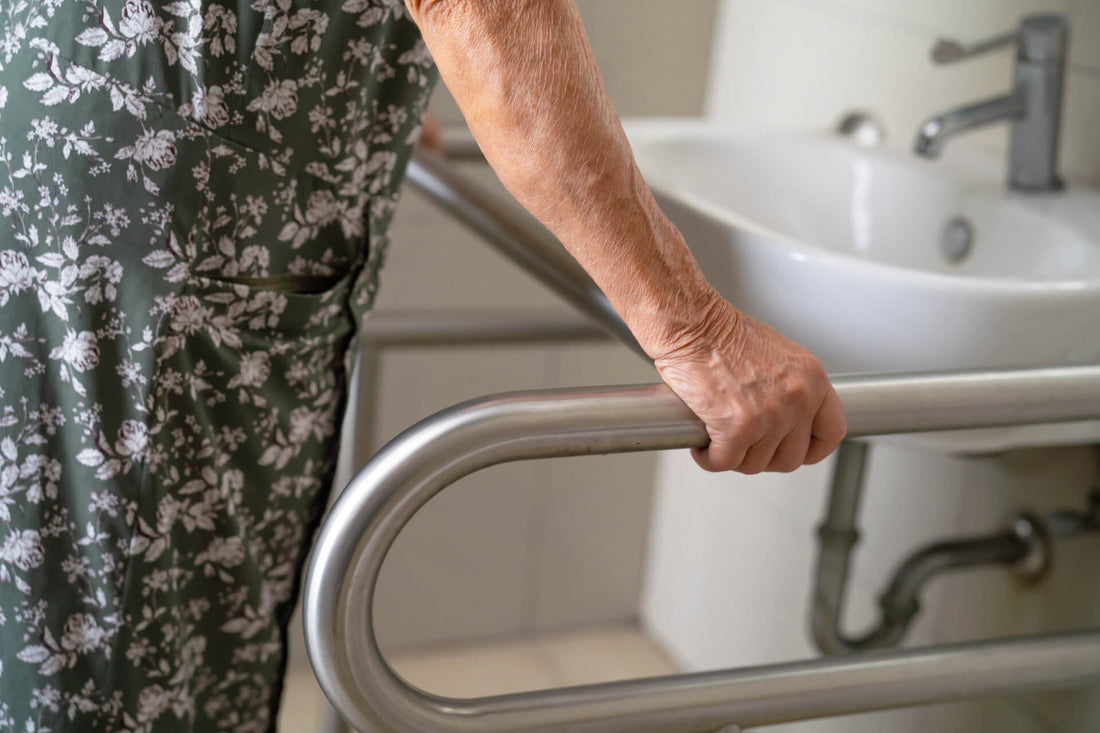
FAQs
Are Home Alarms Easy for Seniors to Use?
Yes, many home alarms are designed with user-friendly interfaces, making them easy for seniors to operate.
What Happens When an Alarm is Triggered?
When an alarm is triggered, the system will alert the monitoring service, which can then contact emergency services if needed.
Can Home Alarms Be Customized?
Yes, many systems offer customizable options to fit the specific needs and preferences of the senior.
For more tips on senior safety, visit our Meal Safety, Alexa for Safety, and Home Renovation articles.
This article contains affiliate links. We may earn a commission at no extra cost to you.

